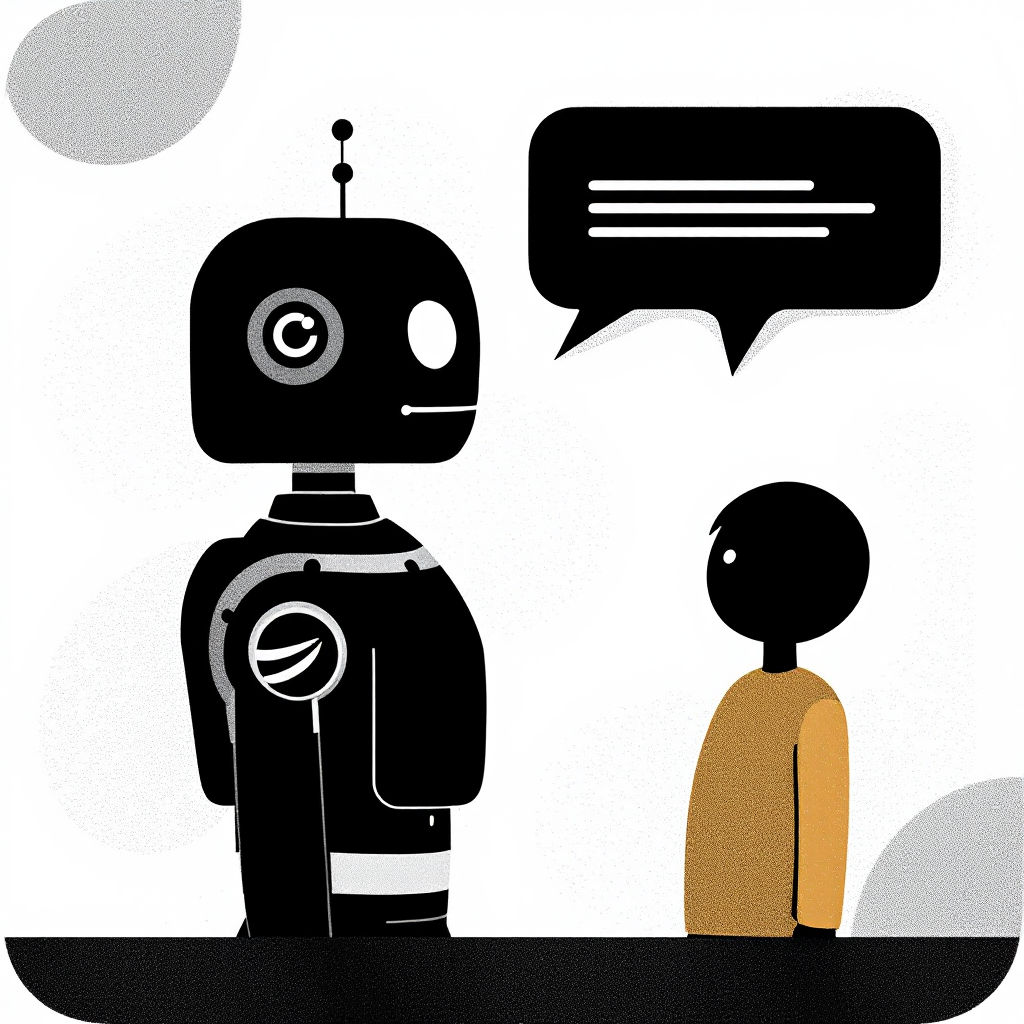Hey Solopreneurs,
Are you tired of feeling stuck in a life that doesn’t fit your dreams? Do you find yourself constantly putting your aspirations on the back burner, waiting for the “right time” that never seems to come? If you’re nodding your head in agreement, it’s time to take action and embrace the life-changing potential of affiliate marketing. And there’s no better place to start than with Wealthy Affiliate, the ultimate platform for solopreneurs looking to break free from the 9-to-5 grind and create a thriving online business.
Picture this: you wake up each morning, not to the sound of an alarm clock, but to the gentle hum of your laptop as you sip your coffee and plan out your day. You’re in control of your schedule, your income, and your future. No more rush hour traffic, no more soul-crushing meetings, and no more living paycheck to paycheck. This is the reality that countless Wealthy Affiliate members have already achieved, and it’s within your reach too.
So, what sets Wealthy Affiliate apart from the countless other affiliate marketing programs out there? For starters, it’s not just a training platform, it’s a thriving community of like-minded entrepreneurs who are all working towards the same goal: financial freedom and the ability to live life on their own terms. From the moment you join, you’ll have access to a wealth of resources, including step-by-step training modules, live webinars, and one-on-one coaching from experienced marketers who have already achieved success.
But perhaps the most valuable aspect of Wealthy Affiliate is the mindset shift that it fosters. Too often, we let fear and self-doubt hold us back from pursuing our dreams. We tell ourselves that we’re not ready, that we don’t have the skills or the resources to succeed. But the truth is, those are just excuses. With the right training, support, and mindset, anyone can build a successful online business, and Wealthy Affiliate provides all three in spades. Imagine being able to work from anywhere in the world, on your own schedule, and on your own terms.
Imagine having the freedom to pursue your passions, spend more time with your loved ones, and create a life that truly aligns with your values. That’s the power of affiliate marketing, and it’s what Wealthy Affiliate is all about.
Of course, building a successful online business takes time, effort, and dedication. But with Wealthy Affiliate, you’ll have all the tools and support you need to stay motivated and on track. From the comprehensive training modules that walk you through every step of the process, to the vibrant community of fellow marketers who are always ready to lend a helping hand, you’ll never feel like you’re in this alone.
So, if you’re ready to take control of your future and start building the life you’ve always dreamed of, there’s no better time than now to join Wealthy Affiliate. Don’t let fear or self-doubt hold you back any longer. Embrace the possibilities that affiliate marketing has to offer, and take the first step towards a brighter, more fulfilling future.
Remember, your future self is counting on you. They’re tired of watching you play small, of seeing you settle for a life that doesn’t fit. They know that you have the potential to achieve great things, and they’re urging you to take action. So don’t wait any longer. Sign up for Wealthy Affiliate today, and start building the life you deserve. Your future self will thank you for it.







